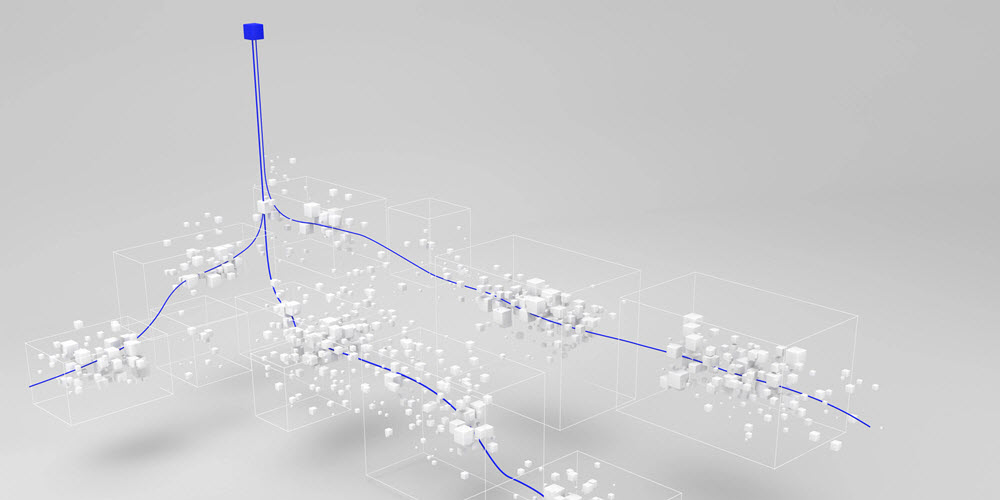Access industry-leading simulators, monitor simulations in real time, and expand your compute power when needed.
Cepsa adopts On Demand Reservoir Simulation on Delfi™ to drastically accelerate reservoir simulation activities
Cepsa, is a Spanish multinational exploration and production company which operates in Algeria, Colombia, and Peru, and continually seeks to optimize its exploration and production portfolio by focusing on the sustainability and efficiency of its asset portfolio.
In this case study, the focus of reservoir simulation activity is an offshore shallow water field, producing both crude oil and condensate.
Cepsa works with complex compositional fluid representation and high-resolution models. Project teams first need to history-match subsurface models before evaluating different field development scenarios under uncertainties. The correct quantification of the impact of subsurface uncertainty through multiple field development scenarios is of critical importance to minimize operational risks.
These workflows require the processing of thousands of reservoir simulations with heavy compute capacity demands—on-premises infrastructure and software tools available to Cepsa posed limitations in terms of timeframe and workflow capability.
Running the Intersect simulator through On Demand Reservoir Simulation on Delfi, Cepsa was able to perform compute-intensive, multiple-realization workflows, enabling thorough characterization of reservoir uncertainties and full capture of the risks.
This enabled Cepsa to undertake a whole spectrum of field studies, such as building high-fidelity models, investigating complex recovery mechanisms, and optimizing field development strategies under uncertainty. This has improved forecast capabilities and created value for Cepsa in the following ways:
- Simulation studies used to take weeks on premises, they could be finalized in days with On Demand Reservoir Simulation on Delfi—a 75% efficiency improvement
- Cepsa’s on-premises cluster was capped, so they could only run a single simulation case at the time. With On Demand Reservoir Simulation on Delfi, they could leverage cloud scalability, and were able to run more than a thousand simulation cases concurrently
- Cepsa would have needed to upgrade their on-premises cluster, but with On Demand Reservoir Simulation on Delfi, they were able to save this investment and transform capex into opex.

